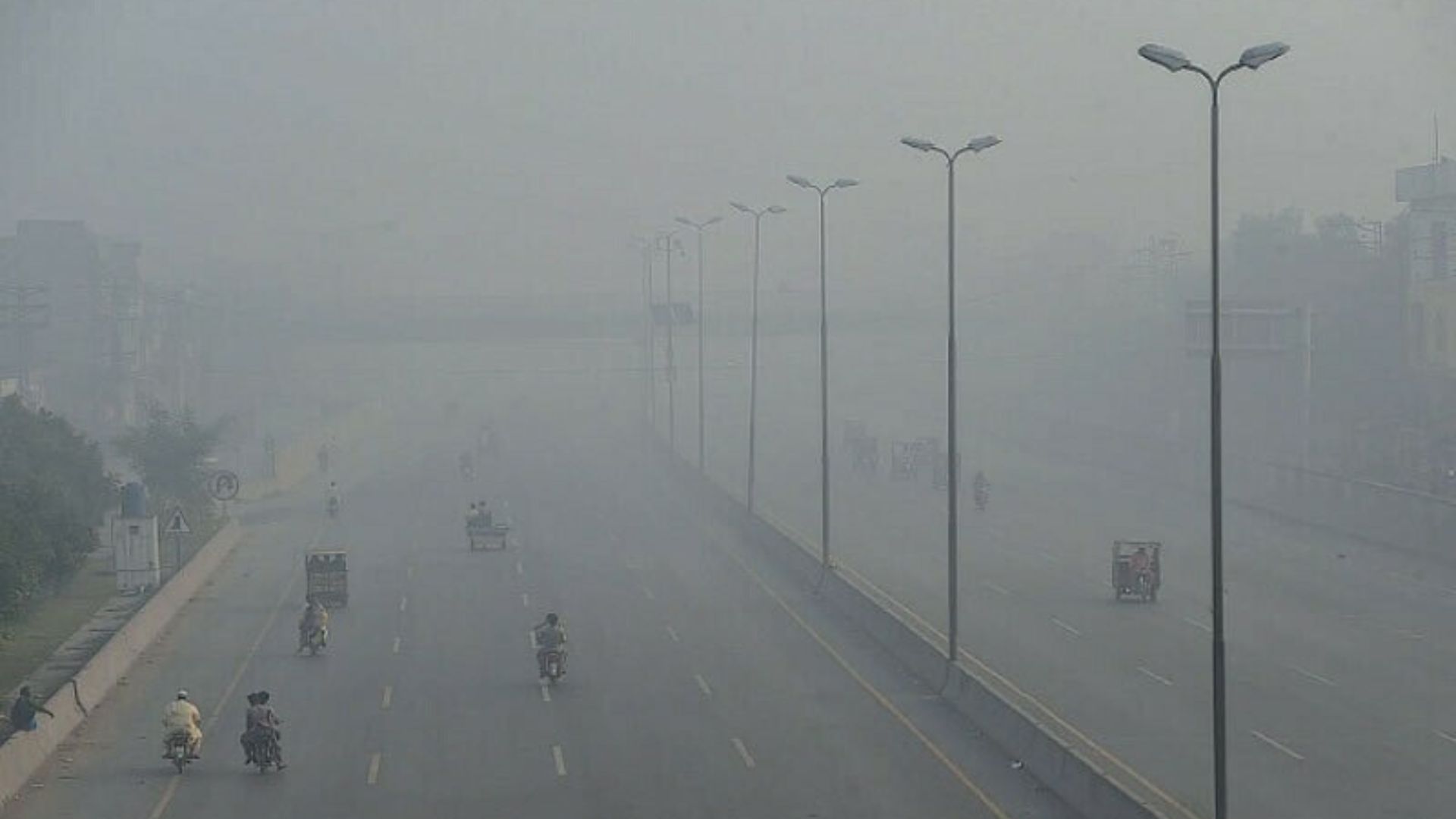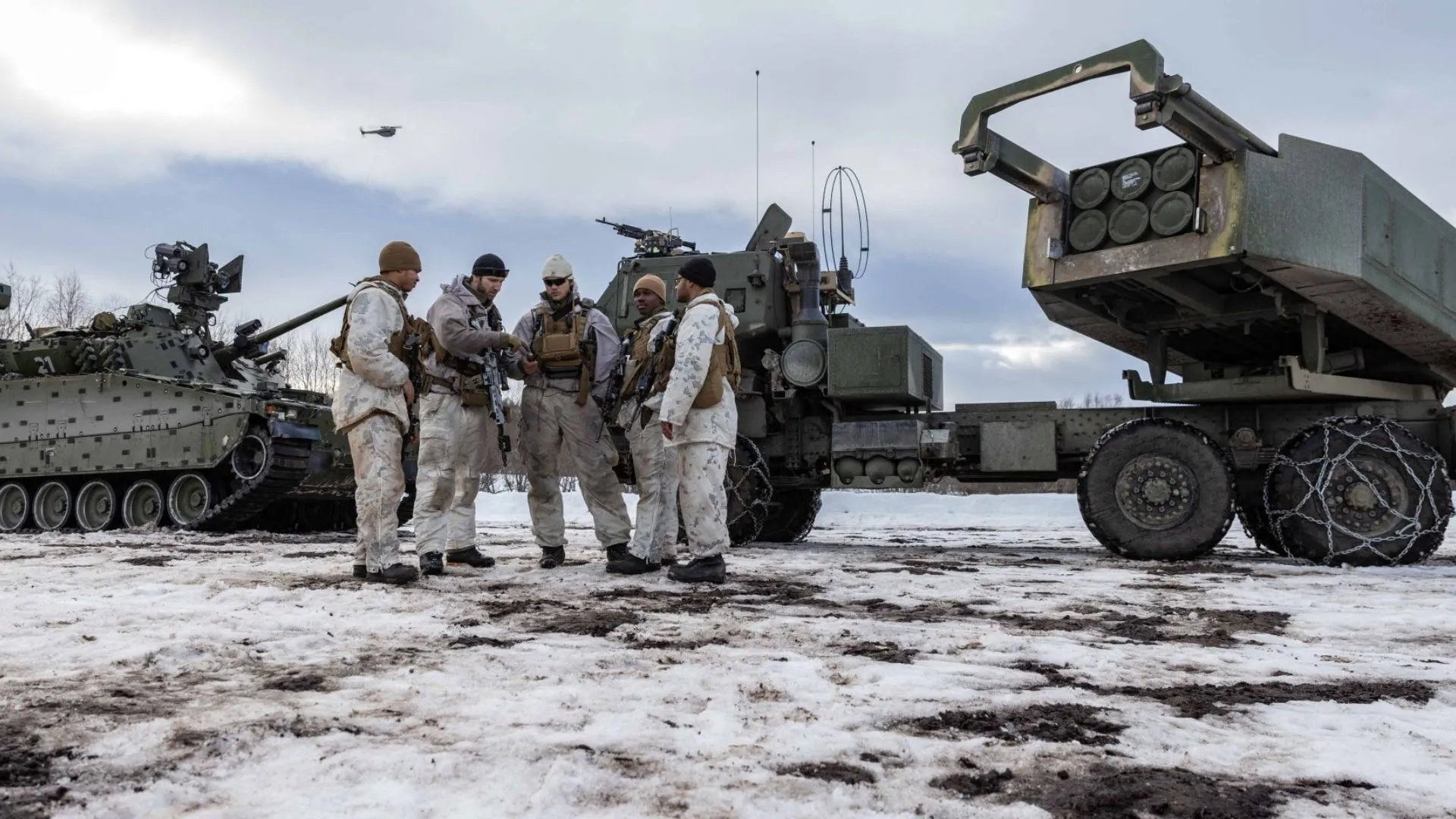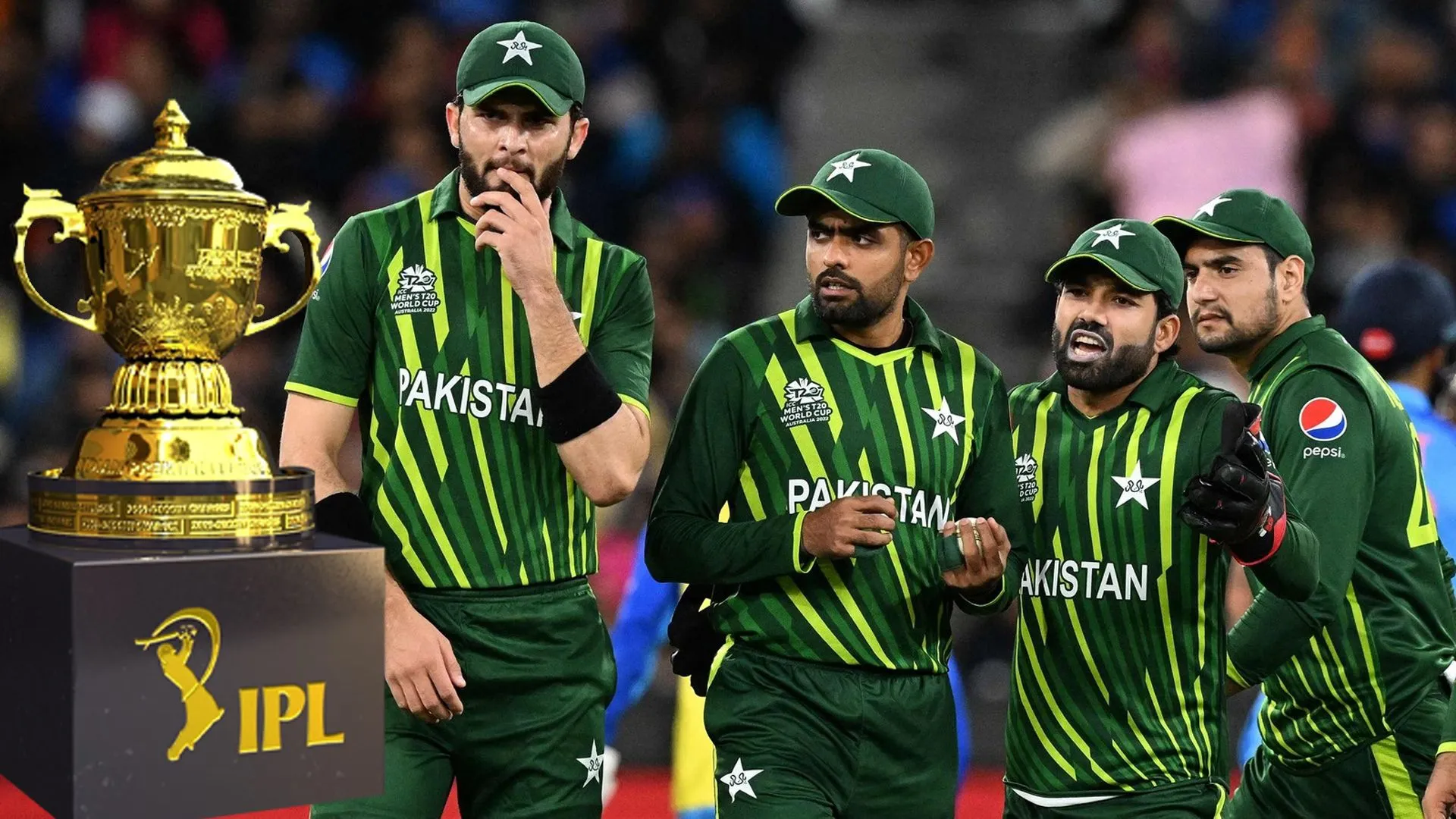Lahore has become the most polluted city in the world, with air quality levels deemed “hazardous” as thick smog continues to blanket much of Pakistan. This environmental crisis has drastically affected daily life, with residents facing increased health risks due to prolonged exposure to toxic air, as reported by The Express Tribune.
According to data from IQAir, Lahore’s air quality index (AQI) reached a dangerous 303, well above the “hazardous” threshold, highlighting the severity of the situation. The city’s PM2.5 concentration was measured at 24.2 times the World Health Organization’s (WHO) recommended limits, posing serious health threats.
Must Read: Khalistani Terrorist Arsh Dalla Secures Bail in Canada, Extradition Efforts Intensify
Meanwhile, Karachi’s AQI was around 200, indicating “very unhealthy” air quality, placing it as the fourth most polluted city globally. Although the air quality in Karachi improved slightly during the day, it remained unsafe overall.
The smog crisis has spread beyond Lahore and Karachi, impacting other major cities. Multan recorded an AQI of 294, making it the second-most polluted city in Pakistan. Rawalpindi and Peshawar had AQIs of 220 and 204, respectively, reflecting similarly dangerous air quality. Even Islamabad, the federal capital, had an AQI of 170, ranking seventh in the country.
Experts attribute the widespread pollution to factors such as unregulated vehicle emissions, industrial waste, and urban development that overlooks environmental concerns. Health professionals have raised alarms about the long-term effects of such extreme pollution, especially on vulnerable populations. Before this crisis, air pollution was responsible for 12 percent of deaths in children under five in Pakistan, according to The Express Tribune.
With the current smog emergency, these numbers are expected to increase significantly. Children, pregnant women, and individuals with pre-existing health conditions are likely to face the most severe health impacts, which could have lasting consequences if urgent measures are not taken.























